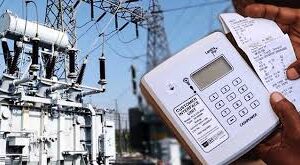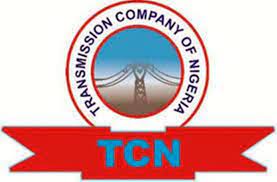While the federal government may have announced a further extension for Nigerians to register and link their National Identification Number (NIN) to their SIM cards before February 9, 2021, investigation by Blueprint has shown that telecom operators are likely to lose as much as N1.16 billion daily revenues if the government goes ahead to carry out its threat to block unlinked SIM cards.
According to data made available to Blueprint by the Nigerian Communications Commission (NCC), the number of telephone subscribers in Nigeria is put at 208 million, with MTN Nigeria accounting for over 70 per cent of the customers.
With just 47.8 million NIN received by mobile operators, according to the NCC, a staggering 160.2 million subscribers are yet to link their lines to their NIN.
In a chat with our correspondent, telecom expert, Muyiwa Asaye of Ideal technologies Ltd, said currently there are 208 active GSM lines in the country.
He noted that if subscribers with NINs only have one active line registered, then 160.2 million SIMs are at risk of being blocked, saying mobile network providers would lose 80 percent of their customer- base at the end of February when the new deadline expires.
“The most likely scenario is that subscribers with and without NINs have the same number of lines on average, meaning that GSM users would decline by 58 per cent due to the NCC’s directive.
“The economic consequences would be disastrous. In 2019, GSM providers made N1.96 trillion in revenues from 184 million active lines—that’s an average of N5.3 billion earned per day. Let’s get a conservative estimate of the potential impact of blocking SIMs without a national ID number. All customers are not equal, so I’ll make the standard assumption that 80 per cent of mobile network subscribers are responsible for only 20 percent of the industry’s revenues. This means GSM operators earned about N2,600 per line from most of their subscribers in 2019 or a daily revenue of N7 per line.
“Therefore, even if we suppose that the most valuable customers all have NINs, the industry stands to lose N399 million in revenues every day from blocking 57 million SIM cards. Under the worst-case scenario, the daily losses could be as high as N1.16 billion. It would be unthinkable to deal such a devastating blow to a sector that currently constitutes 11.2 per cent of Nigeria’s gross domestic product (GDP), especially during an economic recession,” he explained.
Asaye also underscored the socio-economic implications, saying “once we consider the knock-on effect of locking out millions of Nigerians from mobile communication and internet access, the costs are beyond any possible benefit of the policy. This would affect everything from logistics to agriculture and financial inclusion.”
Operators urging compliance
Also speaking, Chairman Association of Licensed Telecommunications Operators of Nigeria (ALTON) Gbenga Adebayo said telecom firms were also working hard at making sure subscribers yet to have NIN do so.
On whether the government would block the SIMs of subscribers yet to have their SIMs registered despite submitting their NINs to their service providers, the ALTON chairman said such SIMs would not be blocked.




